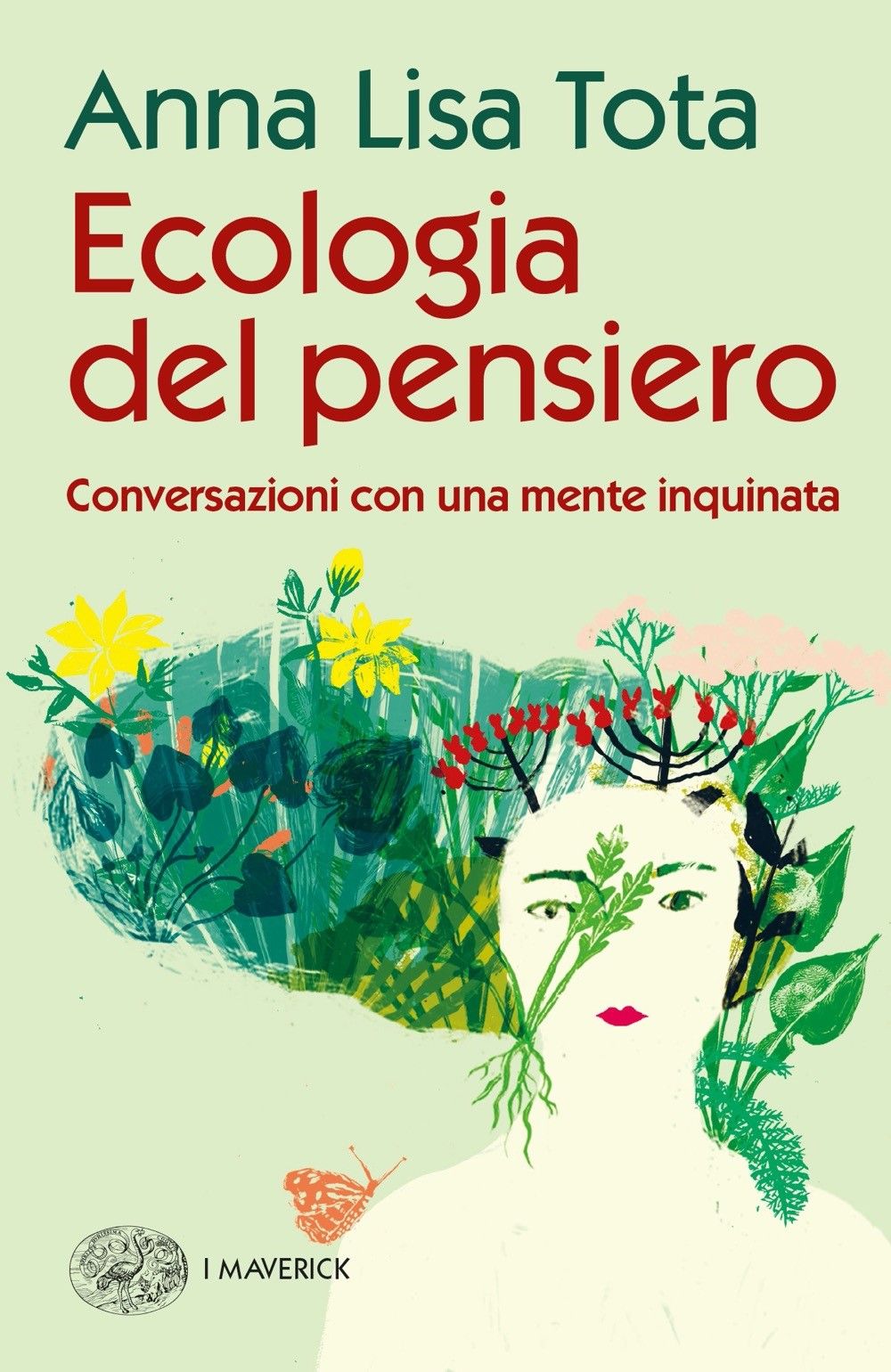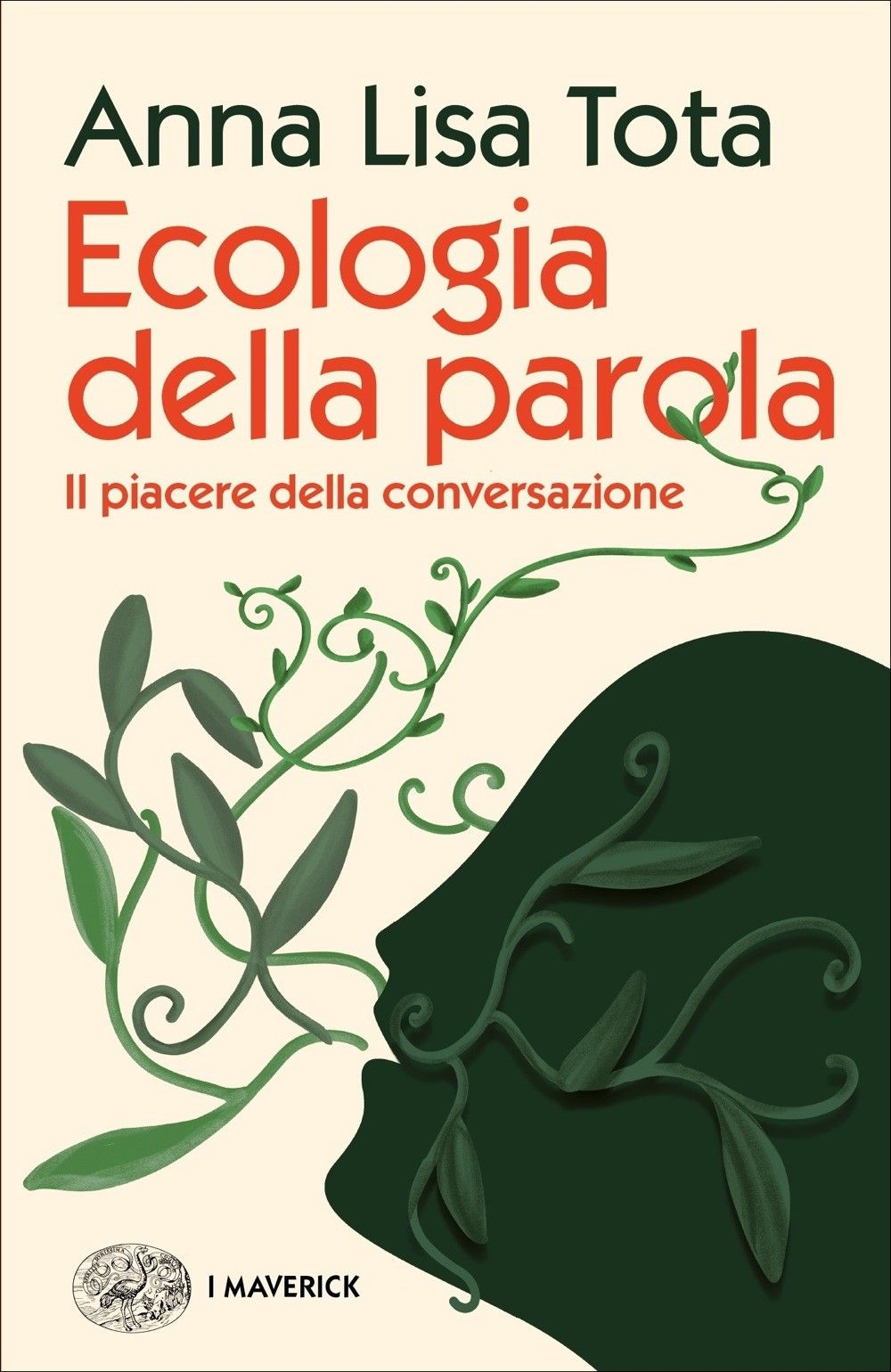SOCIOLOGY OF COMMUNICATION








This course, taught in the first year of the Bachelor’s degree in Arts, Communication, and Performing Arts (DAMS), presents an ecological perspective on communication. It encourages students to learn how to identify and avoid pathological forms of communication and thought. The course addresses a broader concept of pollution, including symbolic pollution caused by toxic words, conversations, and interactions, texts that are harmful to our identities and that we can choose to avoid, as well as contaminating thoughts that we do not consciously choose but which sometimes dominate us against our will.
It introduces two neologisms: “eco-words” and “eco-thoughts”, to enhance awareness of the various effects that words and thoughts can have on our identities.
The first part of the course introduces the main communication theories with a focus on interpersonal communication. Topics include interaction rituals, social frames, conversation rules, the relationship between communication and social identities, and pathological forms of communication. There is a specific focus on analysing the figure of the foreigner and the processes of social inclusion and exclusion. The concepts of “eco-words” and “eco-thoughts”, thoroughly explained in the books Eco-words and Eco-thoughts (which are part of the exam), are introduced in this part.
The second part of the course deals with sociological concepts and theories used to analyse media representations and social practices that shape our daily lives. It examines social representations and types of knowledge conveyed by media, with particular attention to gender, ethnicity, generation, and social class identities portrayed by media and social media.
Students also have the opportunity to participate in a dedicated workshop, the Eco-Words Workshop , where they learn to apply the concepts learned in the course to different forms of communication.
Expected Competencies: The course enables students to acquire basic communication skills for interpreting communicative processes and social interactions in various aspects of daily life. More specifically, the expected learning outcomes include:
Expected Competencies:
- enhanced interaction skills;
- ability to decode messages from various communication systems;
- ability to selectively identify pathological communication in daily interactions;
- competence in analysing media texts concerning social representations, values, and lifestyles they convey, with a focus on interpretative skills related to visual codes;
- acquisition of interpretative autonomy with regard to media texts, particularly concerning gender, ethnicity, social class, and generational categories, through an intersectional approach;
- acquisition of enhanced skills in strategic and organisational communication;
- improvement in public speaking skills;
- acquisition of greater citizenship competencies;
- education in ecological and sustainable communication, respectful of others and free from social discrimination, such as sexism, racism, homotransphobia, and homophobia.
On the concept of eco-words
(from the English Preface of Eco-Words. The Ecology of Conversation, Routledge, London 2023):
“The concept of eco-words appeared – its contours slowly emerging in the background – while rereading these pages (…). It was not only necessary to recognise and deconstruct toxic words, defensive kata and various forms of symbolic pollution, in order to offer a pleasant, beneficial and nurturing conversation, but a new awareness had to be provided as well, according to which eco-speaking is possible and even useful. But how to define the concept of eco-words and how to distinguish them from toxic words? Here I will attempt to offer a definition of this concept, which will not however be a linear one, as perhaps some would like, but rather a circular one: that is, I will attempt to paint a fresco of the concept as if I were holding a paintbrush, taking pauses between brushstrokes and listening out for any suggestion that might come from you. What follows is therefore the “defining fresco” taking shape. Eco-words are all those words, phrases and expressions that do not reflect any pathological form of communication. They are uttered with the intention of not judging negatively or discrediting the other, on the contrary they carry an authentic, sincere and pure intention. Eco-words are words that rebuild the silent but vivid connection between our subjectivity and the knowledge of the world. Eco-words are alive, vital, nourishing, they produce happiness and well-being wherever they are present. They have the capacity to create deep understanding and produce well-being in the person speaking and in the one listening at the same time. Eco-words are always embodied, which means they always both require and impose their corporeity on the content they are expressing, their being a product of the body, in and about the body. Yes, the fact is that words being uttered seem to be heard in a sort of magical dance by all the cells in our body and in the bodies of those listening. These sequences of echo-words are, above all, sounds capable of creating real micro-cosmogonies. As we speak and listen, it almost seems as if present, past and future were constantly coming undone and being recombined, as if, while we speak, these words were contributing with their shimmering sonorities to unravel one future scenario and forge another one in an ongoing alternation. Eco-speaking therefore also means following the principles of deep ecology illustrated by Arne Naess (2005)[1] and consciously taking responsibility for the effects of what we are saying or hearing. I realize that offering you, dear reader, a clear and simple definition of this concept I am describing with a neologism is far from simple. However, if the definition is a difficult one, it is much easier to outline the pragmatic criteria useful to distinguish between eco-words and toxic words and conversations: the former makes us feel good, not superficially but deep down at the level of our soul. When words are inscribed in the body, they question us and then, only then, are we able to comprehend the quality of their resonance. Perhaps this quality can be described with the neologism I am proposing, but there is also a long tradition of thinkers and scholars, pioneers who paved the way we will follow in the pages of this book. In short, to know whether we are using eco-words or listening to them, it is helpful to see whether they meet certain criteria, principles or so-called rules that enable good communication. It is enough to breathe deeply and listen not to what the convoluted thoughts of our mind suggest, but to the deep feelings our body presents us with. It is useless to devote endless pages to partial explanations of what our body, when we listen to it with respect, already knows. So you will forgive me if I don’t take on the theoretical challenge and venture into a long and detailed list of precise criteria. The point is that I don’t think this would be helpful for the journey, the one this book suggests we embark on together using the pragmatics of everyday life. I believe that the complexity of life, which we experience daily, greatly exceeds what any list can offer, especially if it is drawn up individually.”
On the concept of eco-thoughts
(from the first chapter of Eco-thoughts. Conversations with a Polluted Mind, Routledge, London 2024):
Architectures of the Mind and Mindscapes.
“Men are disturbed not by things, but by the views which they take of things” (Epictetus).
A learned Greek man, a philosopher who was enslaved, and lived in the 1st century A.D., handed these words down to us: we read them centuries later, as sharp and intact as if they were made of steel. However, for some strange reason the sequence of signs cannot be activated in us until we incorporate it, i.e. we experience it directly. In short, it is not enough to write something down, let alone read it. How many times have we written or read in the pages of a book beautiful maxims that nevertheless remained trapped, forever clinging to the lines of those pages. How many times have we thought of important and compelling sentences that echoed in our minds and yet floated on the surface of our thoughts, fluttering, without being able to settle. In fact, if we really understood Epictetus, we would put an end to anxiety and depression once and for all, notwithstanding psychiatrists, psychotherapists, and the pharmaceutical industry. The happiness pill could be renamed the ‘Epictetus pill’. All the same, what he claimed, so many centuries ago, is still valid: “Men are disturbed not by things, but by the views which they take of things.” I wish Epictetus was my uncle, or at least a distant relative of mine.
A dear friend tells me how desperate she is: she has just separated, she has two young children and her ex-husband, whose only desire is to live comfortably with his new partner, is fighting hard not to give her the financial support she needs. Barbara (this is not her real name) does not have a stable job and in any case she earns a little over a thousand euros a month with a part-time job. In fact, the salary is not even that bad, but in Verona this amount of money is not enough, considering the rent she pays. Barbara is desperate, she cries on the phone. She has started seeing a therapist for support, and this therapist – who in my opinion is as fierce as her ex-husband – has diagnosed a severe depression, which seems to mean that a person who has two small children to support and an ex-husband who could not care less has absolutely no right to be sad: in addition to paying an expensive therapist, she should also be cheerful. The next day I phone Barbara back. She tells me she cried for a long time, but then decided to sleep on it. Today nothing at all has changed since yesterday: same insufficient salary, the same bast… ex-husband, the same small children to bring up, the same expensive city and the same annoying psychotherapist. Yet, Barbara is no longer crying. The emotional storm seems to have subsided. Her emotional system is no longer on edge. Barbara hints at a smile and even almost manages to joke with me, talking about her/our future as mothers. What has happened? Nothing. Nothing at all. Barbara has simply taken what is known as the ‘Epictetus pill’ and stopped letting the very black future, which does not exist yet, spill over onto the present, which does exist and is not as threatening, at least not at the moment. All in all, she and her beautiful children are in excellent health and, at least for this month, the bills have already been paid.
We are all ‘Barbara’, at least once a month. This extraordinary and absurd phenomenon is familiar to us all. In the face of adversity, the mindscape that takes shape in our thoughts often jolts us from one rock to another, almost like a typhoon, and then, for no apparent reason, after a certain amount of time, we seem to return to our daily routine, at least for a while. What actually happens to us? Are these emotional storms rare events? Are they pathological? Do they only happen to us? Should we run to a therapist or can we manage on our own? The point is that the same thing happens to the therapist, the person who is supposed to cure us and free us from this supposed illness… and this is why it is not a question of treating this as a pathology, but rather of learning to cope with it.
The concept of eco-thought intends to make a small contribution, to initiate a shared reflection among the readers and the writer, one that may enable all of us to ‘think clearly and live better,’ by sketching an auto-ethnography of our everyday life that may free us, as much as possible, from the evils of living. I am and remain a sociologist: I believe that what nourishes us at a young age shapes us forever. So, it is from sociological theories that I draw to write the following pages. Indeed, is not sociology the discipline that more than any other is interested precisely in how symbolic forms influence the meanings we attribute to our everyday life? Is it not for this reason that generations of scholars like myself have observed and studied how everything social dances with us, becoming inextricably intertwined with the trajectory of our lives? The point is that when we think, we are never alone, so it is best we try to understand this together.
Texts adopted for exam:
1) Anna Lisa Tota, Ecologia della Parola. Il piacere della Conversazione, Einaudi, Torino, 2020 (Eco-Words. The Ecology of Conversation, Routledge, London 2023).
2) Anna Lisa Tota, Ecologia del pensiero. Conversazioni con una mente inquinata, Einaudi, Torino, 2023 (Eco-thoughts. Conversations with a Polluted Mind, Routledge, London 2024)
3) The following essays:
– Paul Watzlawick, “Self-Fulfilling Prophecies”, in The Production of Reality: Essays and Readings on Social Interaction, Pine Forge Press, California, 1984.
– Alfred Schütz, “The Stranger: An Essay in Social Psychology”, American Journal of Sociology Vol. 49, No. 6 (May, 1944), pp. 499-507, The University of Chicago Press.
[1] Naess, Arne, The Selected Works of Arne Naess, Kluwer Academic Publisher, Amsterdam 2005.

